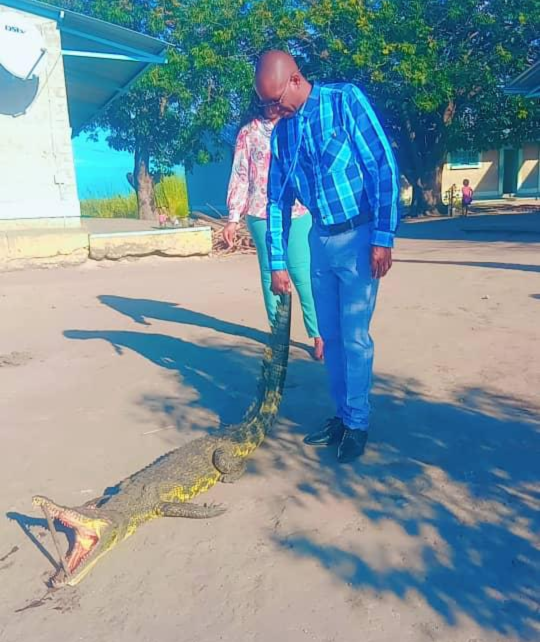The construction of the country’s first ever Atlantic salmon farm has started, placing Namibia at the frontline of African salmon production.
During a groundbreaking ceremony at Lüderitz on Wednesday, vice president Netumbu Nandi-Ndaitwa said the Benguela Blue Aqua Farming project is set to be a game-changer for the region’s economy.
“For the first time in our history, Namibia will become a producer of premium Atlantic salmon and with the new industries coming up all around Luderitz, soon this town will become one of the major economic centres of our country,” she said.
The project is expected to create a number of jobs and opportunities for exports to key markets in Europe, the United States and Southeast Asia.
Nandi-Ndaitwa said the project aligns seamlessly with Vision 2030, the Harambee Prosperity Plan and various national development plans.
She encouraged Nambians to consume fish, as it has various health benefits.
“This is a highly valuable seafood in terms of health. This is to say, we should not only produce it for exporting, but we must also eat what we produce,” Nandi-Ndaitwa said.
According to her, this farm not only positions Namibia as a potential leader in African salmon production, but it also places the country in a strategic position to cater to the ever-growing global demand for this prized fish.
Lüderitz mayor Phil Bilhao said the project will create 600 jobs.
“The establishment of Benguela Blue Aquafarming will create a total of 600 direct jobs and an additional 1500 indirect employment opportunities, providing a vital lifeline for our community and fostering economic growth and stability for years to come,” he said.
Bilhao said this serves as a beacon of hope for many residents of the town and farmers alike.
“The establishment of this salmon farm signifies more than just the cultivation of fish; it symbolises the preservation of our heritage and serves as a beacon of hope for our fishermen and women,” said Bilhao, adding that the farm not only brings economic opportunities, but also promotes environmental stewardship.
“Through state-of-the-art technology and responsible practices, we are committed to safeguarding our marine ecosystems and nurturing the delicate balance of nature upon which our prosperity depends,” he said.
The project secured permits to grow up to 35 000 tonnes of Atlantic salmon a year in submersible net pens and aims to begin operations in the second quarter of 2024, with its first harvest expected to be around 100 tonnes.
Namibia Investment Promotion Development Board chief executive Nangula Uaandja said this project took three years to get off the ground, which is considered a success when it comes to investments.
“For us to be doing a groundbreaking after about three years of work might seem like it took a long time, but it is really not, because, sometimes you need to first find investors and then convince them to think about Namibia.
This can take up to 10 years usually,” Uaandja said.
Stay informed with The Namibian – your source for credible journalism. Get in-depth reporting and opinions for
only N$85 a month. Invest in journalism, invest in democracy –
Subscribe Now!










